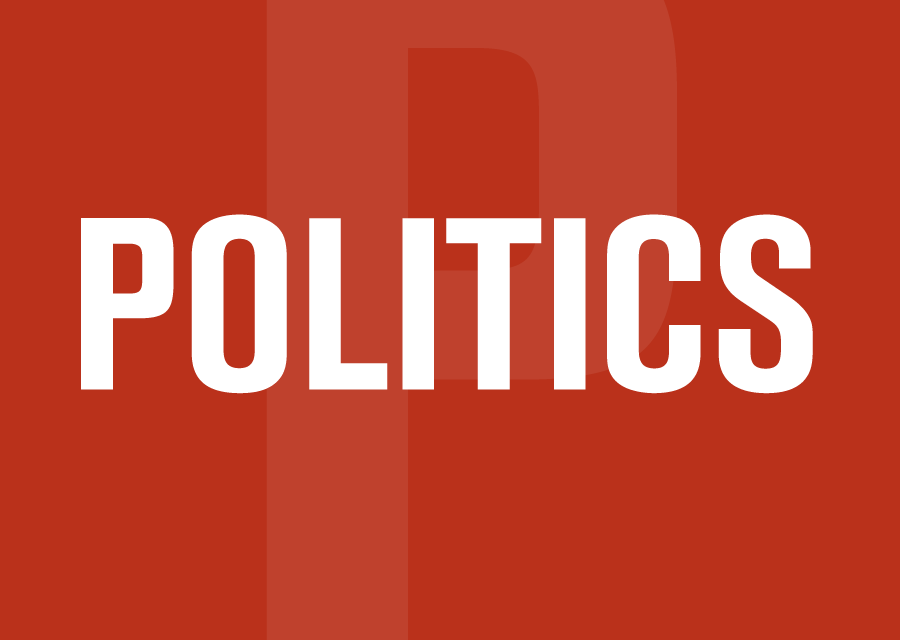After a summer during which they surged ahead in the polls, the resumption of parliament last week provided a glimpse into how the Pierre Poilievre Conservatives would perform as front runners.
The pundits and spinners have been advising Poilievre and his followers to stick to blaming Justin Trudeau and the carbon tax for inflation, the housing crisis and the high cost of living – a message track that has apparently elevated them to government-in-waiting status. Based on their performance last week, they are following that advice to a fault.
Until the Speaker’s monumental blunder during the Ukrainian President’s visit gave them a new line of attack, dozens of question period forays from the Conservatives could have been distilled thusly: “Costs of food and housing are soaring so when will the Liberal-NDP coalition kill the carbon tax and balance the budget?”
There were variations on that theme, but other topics were barely mentioned by Conservative members, including two issues that dominated the news during parliament’s first week – India’s possible involvement in the killing of Hardeep Singh Nijjar and the cross-country marches against trans students. What did leak out from the Conservatives’ near blackout was hardly reassuring.
The Canadian Press reported that Poilievre ordered caucus members to say nothing about the protests against LGBTQ school policies that took place in dozens of cities and towns across Canada on Wednesday last. Caucus complied, and the wall of silence was only broken two days later. That’s when Poilievre, out of the reach of pesky parliamentary reporters with follow-up questions, responded to an earlier X post from the Prime Minister. In it, Trudeau condemned transphobia, while pledging support to 2SLGBTQIA+ Canadians.
Poilievre didn’t bother addressing concerns of the LGBTQ community, instead framing Trudeau’s comments as “demonizing concerned parents,” and declaring that “parents should be the final authority on the values and lessons that are taught to children. Trudeau should butt out and let parents raise their kids.”
“Butt out,” has been the refrain from Poilievre since this “parents rights” issue slithered across the border from the U.S. It sounds a lot like “Hands off our kids,” one of two groups behind the marches. It also aligned Poilievre with the marchers and conservative premiers in New Brunswick, Ontario, Manitoba and Saskatchewan.
Relations with India
Considering the racket they made over Chinese government interference, the Poilievre party’s relative quietude on India was also troubling. Poilievre called on Trudeau to provide more evidence to back up his claim that security services have credible information linking Narendra Modi’s government to the killing in British Columbia last June of Nijjar, a Sikh separatist leader. However, only one member of his caucus showed up for a four-hour House of Commons debate on the subject, and that was just to repeat Poilievre’s demand that Trudeau “come clean” with more information.
The CBC – the outfit Poilievre wants to defund – quoted observers with ties to the Conservatives explaining the party’s cautious approach as a response to the complex nature of the 1.5 million strong Indian diaspora in Canada. That may be the case, but the presence of differing views within the Chinese diaspora in Canada hasn’t deterred the Conservatives from an all-out attack on the Chinese government’s alleged election interference.
The virtual absence of Conservatives from the debate over the Nijjar allegations prompted NDP MP Heather McPherson to wonder if this was because the Conservatives didn’t want to draw attention to former prime minister Stephen Harper’s relationship with the Indian Prime Minister. Modi heads a nominally democratic but increasingly authoritarian and sectarian government. He is a key member of the International Democratic Union, an alliance of right-wing political parties Harper has chaired since 2018. Harper has tweeted support for Modi’s “courageous and visionary leadership” and declared himself “proud to stand with him.”
But it’s not necessary to look only at Harper for an explanation of the Conservatives’ reticence on the Nijjar murder. As Canada-India relations – and more specifically the Trudeau-Modi relationship – have been deteriorating in recent years the Conservatives seem to be rooting for Modi.
The recent G20 meeting hosted by India is a case in point. It now appears that India’s possible connection to the killing of the Sikh leader was the source of the widely-reported friction between Trudeau and Modi. But Conservatives were quick to blame Trudeau for the discord, putting out a fund-raising pitch during the G20 promising to “end this clown show,” and by putting Poilievre in charge, “restore the respect that Canadians deserve.” Trudeau’s announcement days later of possible involvement by Modi’s government in the murder caught the Conservatives flat-footed.
The Poilievre party wants to talk about the cost of living, housing prices and the carbon tax. They are counting on that focus, combined with the old reliable “time for a change” to sweep them to power in the next election. But their rhetoric is already becoming stale, their solutions to those problems threadbare. And as shown last week, a peek at their approach to human rights and international relations – not to mention climate change – is disconcerting.
Eventually Poilievre may be be forced to address these and other tricky issues, such as Alberta Premier Danielle Smith’s plan to dismantle the Canada Pension Plan. Surely he can’t count on more shocking events like the standing ovation for the Nazi war vet to keep the spotlight on a flailing Trudeau government and away from some of the darker recesses of his own party, can he?
-30-




